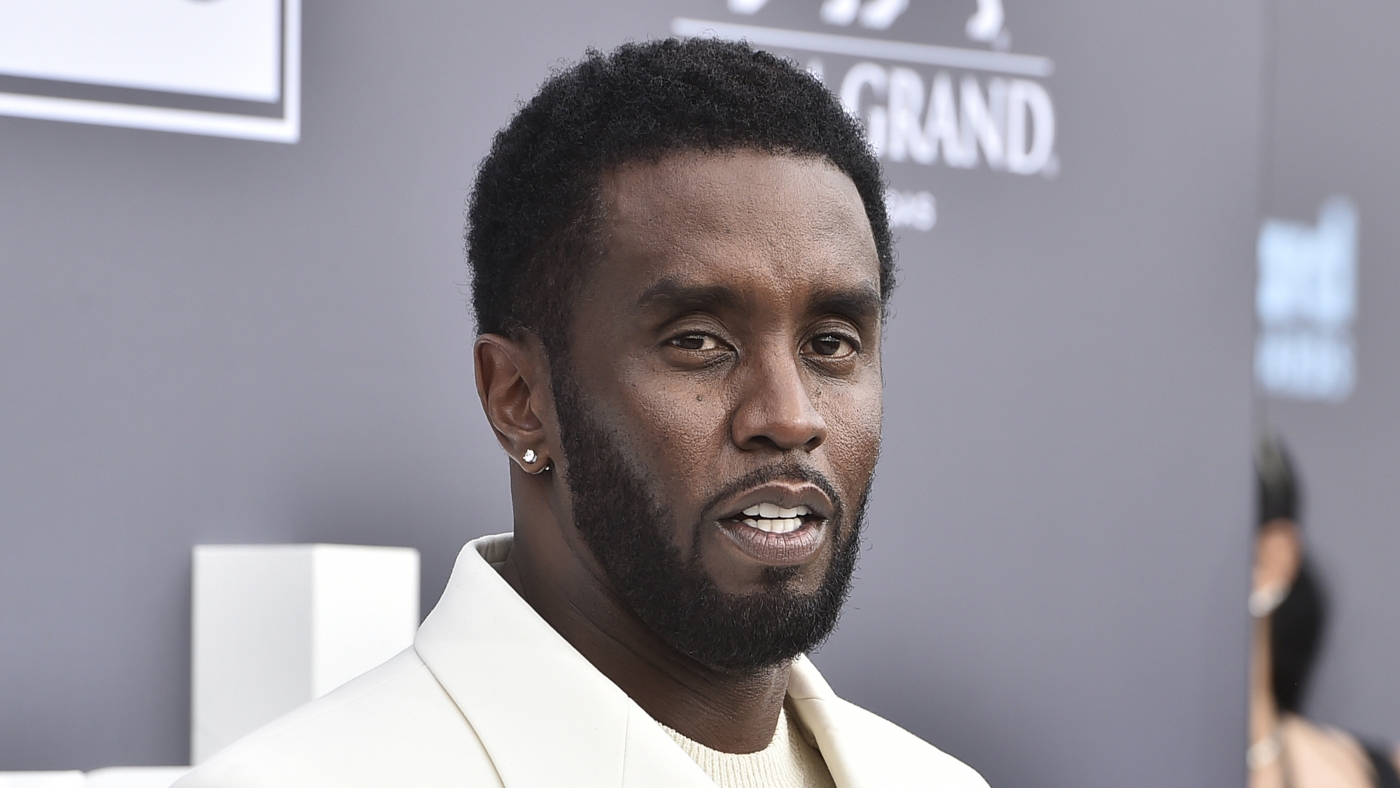The trial of Sean “Diddy” Combs has drawn sharp public attention, largely due to the compelling testimony of Casandra “Cassie” Ventura, whose role as a prosecution witness has become indispensable. Her detailed recounting of the alleged abuses, alongside the defense’s focused cross-examination, exposes the intricate interplay of power, trauma, and legal tactics within this complex case. This analysis delves into Ventura’s testimony, the defense’s strategies during cross-examination, and the broader implications for the trial.
Navigating the Crucial Testimony of Cassie Ventura
Ventura’s multi-day testimony puts a human face on the allegations that shape the prosecution’s narrative. She describes experiences spanning emotional manipulation, intimidation, participation in drug-infused sex parties known as “freak offs,” and a harrowing allegation of rape in 2018. This testimony is not only graphic but emotionally charged, intended to portray a pattern of coercion and exploitation that underpins the sex trafficking and racketeering charges against Combs.
Her credibility, however, becomes the battleground during cross-examination. The defense aims to introduce doubt, scrutinizing Ventura’s personal history and psychological state to challenge the consistency and motives behind her claims. This tactic turns the spotlight on her drug use, emotional volatility, and the complex romantic dynamic she had with Combs, which spanned over a decade.
Defense Strategies: Questioning Credibility and Motivation
The defense’s approach unfolds through several strategic angles designed to weaken Ventura’s testimony. First, they underscore her admitted participation in drug-fueled events and episodes of aggression, including an alleged assault on a security guard. By revealing these behaviors, the defense tries to question Ventura’s reliability, suggesting emotional instability and possible bias.
Secondly, the defense emphasizes the long-term romantic nature of their relationship, scrutinizing intimate communications between Ventura and Combs. This line of inquiry paints the allegations as potentially stemming from jealousy or emotional conflicts, particularly around Combs’ interactions with other women such as Kid Cudi. This framing suggests that personal grievances, more than criminal wrongdoing, could be influencing Ventura’s account.
Thirdly, the defense attempts to isolate Combs’ prior violent behavior from Ventura’s specific allegations. While not denying past incidents—like the widely circulated 2016 video showing violence—they resist associating those events directly with the current charges, thus aiming to protect Combs from broader culpability.
Finally, the defense challenges the notion of coercion during the “freak offs.” By dissecting explicit messages and Ventura’s description of those events, attorneys raise the possibility that her participation may have been voluntary, or at least far more complicated than presented, injecting uncertainty into the claim of exploitation.
Ventura’s Fortitude and Testimony Under Pressure
Despite facing aggressive cross-examination, Ventura maintains a firm stance on critical parts of her testimony. She consistently portrays herself as a victim of intimidation and manipulation, emphasizing the exploitative nature of the sex-and-drug scenes she was compelled to join. Her detailed recounting of the 2018 alleged rape is particularly impactful, conveying vulnerability and deep personal trauma that lend significant emotional weight to the prosecution’s case.
Nevertheless, the defense’s probing introduces nuanced complexities. Discussions of Ventura’s emotional state, jealousy, and drug use complicate the narrative, reminding jurors that human experiences and motivations are rarely black and white. This complexity challenges simplified interpretations and requires careful deliberation over which aspects of her testimony endure scrutiny.
Broader Trial Dynamics and Legal Implications
This cross-examination epitomizes a common legal strategy when facing a key prosecution witness: dismantling credibility through alternative motives and character assessment. By highlighting personal flaws or contradictions, the defense seeks to instill reasonable doubt and detach their client from the most serious allegations.
Meanwhile, the prosecution’s heavy reliance on Ventura underscores the high stakes. Her testimony is a linchpin, intended to reveal a persistent pattern of abuse and exploitation integral to proving Combs’ guilt. The evolution of the trial, including forthcoming witness testimonies and rebuttals, will be crucial in shaping the jury’s understanding of consent, coercion, and power abuses woven throughout the case.
Closing Reflections: The Intersection of Trauma and Justice
The intense cross-examination of Cassie Ventura brings into sharp relief the challenges courts face when adjudicating allegations steeped in complex personal histories and societal implications. Ventura’s resilience and detailed testimony contrast sharply with the defense’s methodical dismantling of her claims, creating a courtroom drama that revolves around credibility, trauma, and interpretation.
In this high-profile trial, the narratives of personal pain and public justice collide, testing not just legal frameworks but the jury’s capacity to navigate human vulnerability entwined with criminal conduct. Ultimately, Ventura’s testimony and the defense’s responses will be pivotal in determining the trial’s outcome, highlighting the enduring difficulty of seeking justice where private anguish and power intersect on a national stage.











